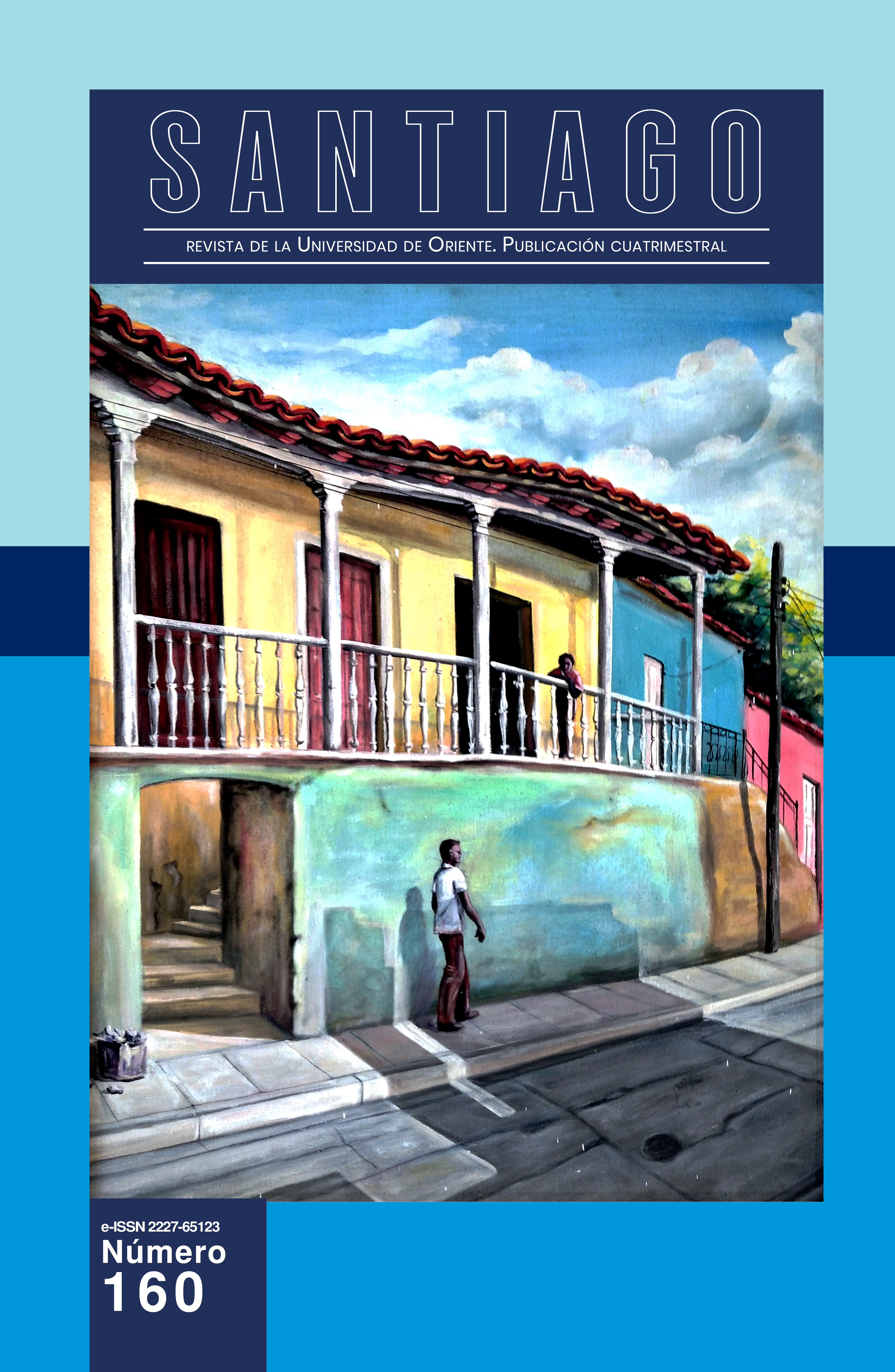Comparative study of academic management face-to-face and virtual modality of the master’s degree in information technology
Keywords:
comparative study, face-to-face modality, virtual modality, academic management, efficiency, effectivenessAbstract
Develop comparative study of virtual and face-to-face modality of the master’s degree in Information Technologies of the ESPAM MFL for the strengthening of an efficient, effective and effective hybrid academic management. The collection of information used the method of documentary analysis. Interview and survey techniques on the processes of the master’s degree were applied to the students of the III cohort. The phases of the procedure were: identify the processes of the academic management of the master’s degree in IT, diagnose the achievements and difficulties of academic management in both modalities and finally, develop an action plan for a hybrid academic management. It was evidenced that, in terms of the depth reached of the contents of the subjects in both modalities, it is valued as very good, so the idea of subsequently generating a hybrid action plan, derived from its positive comparison would be very pertinent.
References
Durán, R. (2015). La Educación Virtual Universitaria como medio para mejorar las competencias genéricas y los aprendizajes a través de buenas prácticas docentes. Tesis de Doctorado, Universidad Politécnica de Catalunya. Obtenido de https://www.tdx.cat/bitstream/handle/10803/397710/TRADR1de1.pdf?sequence=1&isAllowed=y
Infante, C. (2014). Propuesta pedagógica para el uso de laboratorios virtuales como actividad complementaria en las asignaturas teórico-prácticas. Revista Mexicana de Investigación Educativa RMIE, 19(62), 917-937. Obtenido de http://www.scielo.org.mx/pdf/rmie/v19n62/v19n62a13.pdf
Peraza, C., & Zurita, N. (2022). Adquisición de habilidades por docentes en contextos educativos impuestos por la COVID-19. AdquMedisur, 19(2). Obtenido de http://medisur.sld.cu/index.php/medisur/article/view/5038/3437
Pinto, S., Corzo, S., & Miranda, D. (2021). Virtualización de laboratorios de biociencias en respuesta a la emergencia sanitaria por Covid-19. Congreso Internacional en Modalidad Virtual, Pedagogía 2021 Cuba. Obtenido de https://trabajos.pedagogiacuba.com/trabajos/23EduSandraPinto__Virtualizaci_n_de_laboratorios_de_biociencias_en_respuesta_a_la_emergencia_sanitaria_por_Covid_19.pdf
Reglamento de Régimen Académico. (2019). Capítulo I Aspectos generales. Obtenido de https://www.ces.gob.ec/lotaip/Anexos%20Generales/a3_Reformas/r.r.academico.pdf
Sarmiento, W., Erreyes, J., & Quinlllin, J. (2020). Educación virtual como herramienta tecnológica de apoyo en nivel superior ecuatoriano. Polo del Conocimiento, 5(45), 98-106.
Vázquez, G., Forty, R., Indacochea, J., & Chara, E. (2020). Educación virtual en tiempos del COVID-19 desde la perspectiva socioeconómica de los estudiantes de la Universidad estatal del Sur de Manabí del cantón Jipijapa. Polo del Conocimiento, 5(10), 800-815. Obtenido de http://dialnet.unirioja.es/descarga/articulo/7659394.pdf
Downloads
Published
Issue
Section
License
Copyright (c) 2023 María Juley Viteri-Santos, Mercedes Pilar Viteri-ambrano, Ernesto Miguel Guevara-Cubillas, José Luis García-Vera

This work is licensed under a Creative Commons Attribution-NonCommercial-NoDerivatives 4.0 International License.
CC Reconocimiento-NoComercial-SinObrasDerivadas 4.0



.jpg)

_de_logo.jpg)













